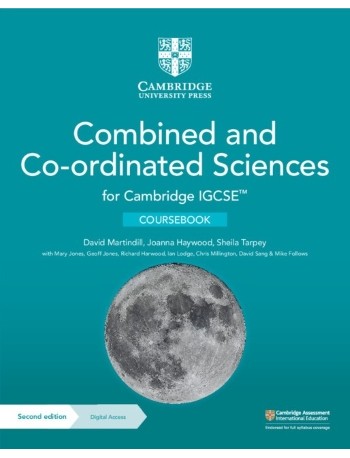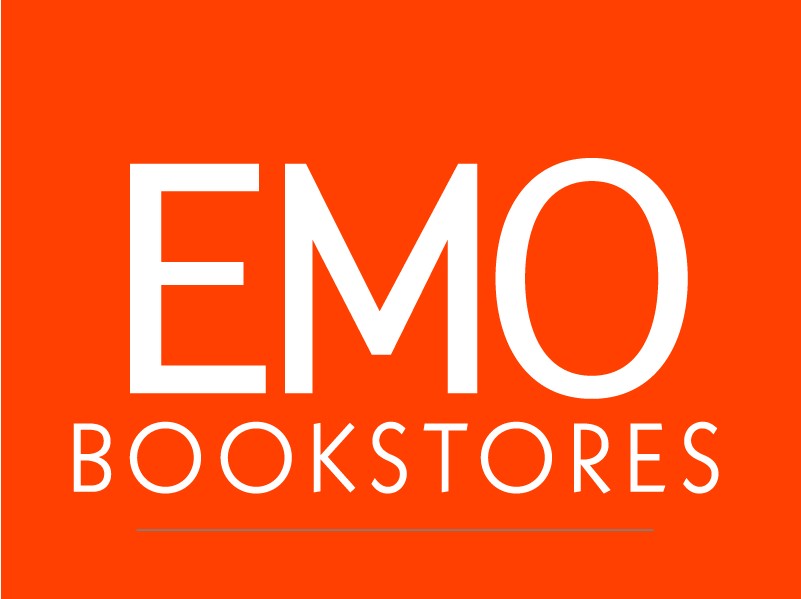
- Stock: In Stock
- Manufacturer: Cambridge University Press
- Weight: 0.50kg
- ISBN: 9781009311281
This print and digital coursebook has been developed from extensive research through lesson observations, interviews, and work with the Cambridge Panel, our online research community. This accessible resource is written in clear English with features to support English as a second language learners. Activities develop students’ essential science skills, while practice questions and self-assessment and reflection opportunities build student confidence. Projects provide opportunities for assessment for learning and cross-curricular learning as well as developing skills for life. Answers are available to teachers via Cambridge GO.
Features
Covers all three science subjects with a chapter structure that closely aligns with the syllabuses
Clear navigation ensures learners are able to focus on the information relevant to them
Develops analysis, evaluation and problem-solving skills through an active learning approach of enquiry-led tasks, open ended questions and opportunities to share thinking
Learning intentions stated at the start of the chapter establish a clear learner journey
‘Experimental skills’ features develop learners’ scientific enquiry skills
‘Before you start’ features help identify prior learning requirements
Worked examples help learners navigate equations and calculations
‘Key word’ and ‘Command word’ features provide definitions of important vocabulary in context, ideal for English as a Second Language learners
End-of-chapter practice questions build confidence in preparation for assessment while regular self-assessment, peer assessment and reflection opportunities help students check their progress and become better learners
‘Science in context’ and end-of-unit projects provide engaging classroom or homework ideas
